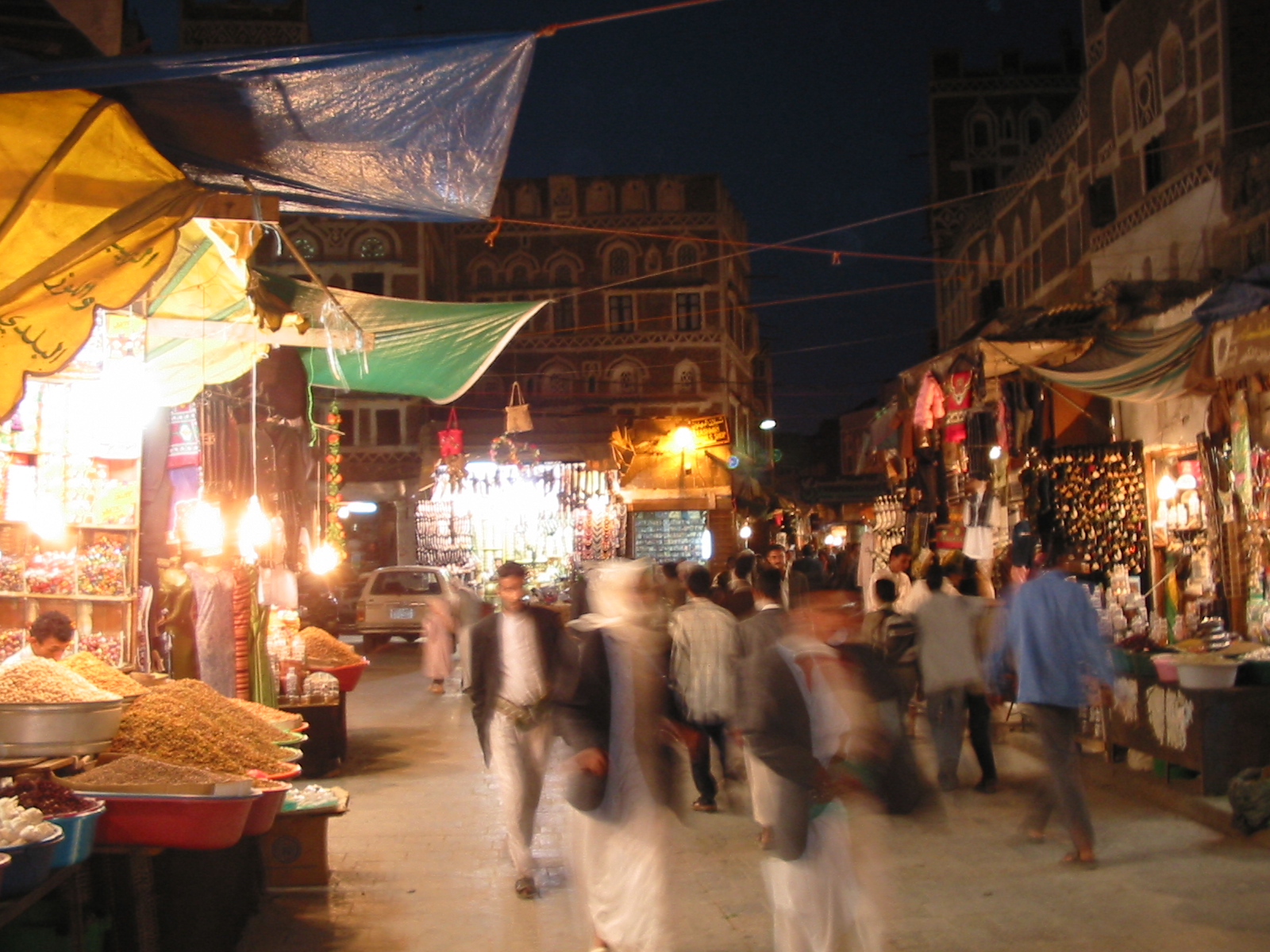Yemen’s hidden gay community under siege
Colin Stewart is a 45-year journalism veteran living in Southern…

Being gay in an Arab state is never easy. Since the Houthis made their move on Yemen, it’s become unlivable.
Excerpts from the article are below, with subheads added:
Since the civil war in Yemen began, Kamal Al-Solaylee has received more pleas for help than ever. Al-Solaylee is a gay Yemeni professor of journalism at Ryerson University in Toronto, and friends of friends are reaching out to him with increasing desperation, looking for a way to escape Yemen. While the takeover of much of the country by the radical Houthi militia has had serious consequences for the entire population, it has been particularly tough on gay Yemenis, many of whom fear that “they have no future there.” …
It is true that, prior to the civil war, Yemen’s gay community was very much underground. In many ways, however, it was able to thrive. Now it faces an entirely new set of challenges and threats. …
Online life
For [some], gay life centers entirely on social media. “The internet is the only platform where gay people over here can be themselves without the fear that people around us will know the truth,” Yasser, a 27-year-old resident of Sana’a, told me. He has a Facebook account under a false name, and uses it to administer a small group for gay and bisexual Yemenis. One member of the group, Amin, is a 23-year-old student at Sana’a University who uses the internet in a similar way. Some of his closest friends are gay, and he communicates with them almost daily, but his relationships with them are confined to Facebook. “I’ve known them for a very long time, but I don’t know their real identities or even what they look like,” he told me. …
No protection
Outside of their resilient online forums, Yemeni sexual minorities have long endured significant hardships. Yemen is one of ten countries in the world in which homosexuality is punishable by death. Traditionally, that death penalty is not enforced, but citizens have been imprisoned for their sexual orientation.
“Due to the government’s persecution, the tribal society, and the customs and traditions in Yemen, gays in Yemen are nonexistent in public,” said 27-year-old Sana’a resident Jamil, whose thick hair is often hidden by a fedora or hooded sweatshirt.
According to Sameer, the most serious issue connected to the legal ban on homosexuality is that victims of hate crimes cannot seek help from the authorities. “I don’t feel like there is anyone to defend me,” he said.
Meanwhile, said Jamil, “Gays in Yemen are subjected to all sorts of harassments that might even lead to death.” …
Life in a war zone
Most of those I interviewed were very clear that Yemen as a whole, and not just its gay community, is suffering right now. Nevertheless, the devastation has a particularly severe effect on sexual minorities. The gay scene, according to Al-Solaylee, has “completely dissipated with this most recent war.” In part, this is because the Yemeni social scene at large has deteriorated. “The situation is very bad for people in general and for gays as well,” Sameer told me. “They can’t go out because they don’t feel secure.”
Major cities such as Taiz and Aden have seen protracted battles between pro-government and Houthi forces, sending residents fleeing for cover and creating an environment that is far from conducive to social events like house parties. While Houthi and Saudi bombings certainly affect everyone, regardless of sexual orientation, they harm the gay community to an even greater extent by making social meetings impossible and eliminating spaces in which gay Yemenis were once able to express themselves. …
Fear of religious extremists
Many gay Yemenis are particularly concerned by the rise of radical religious groups. The war has reinvigorated Al-Qaeda in the Arabian Peninsula (AQAP), and allowed the Islamic State of Iraq and Syria (ISIS) to gain a foothold in the country. Andrew explained that members of AQAP are “notable for their executions of people accused of being gay.” He also drew attention to the threat posed by the Muslim Brotherhood, which has a similar record.
Equally worrisome are the Houthis themselves. They are an extremist religious group sworn to restore the imamate that dominated North Yemen until 1962. As Sameer put it, “Al-Houthi is more or less like Iran. They will have a system like Iran’s, the Khomeini system. Both of them are religious and extremist. …
Gay rights movement
Jamil hopes to start building a gay rights movement after the war. Several of the people with whom I spoke noted the absence of any institutionalized effort toward equality, but Jamil said that he is “ready to gather a large amount of gays, and we will be a special organization.” He admitted that any such organization would have to begin in secret, but suggested that it might become more public over time.
For more information, read the full article “Will Yemen’s Gay Community Survive the Iran-Backed Militias Trying to Take Over?”





Reblogged this on Fairy JerBear's Queer World News, Views & More From The City Different – Santa Fe, NM and commented:
I can’t imagine how awful it must be for LGBTQIA Yemenis.
Reblogged this on franiel32.